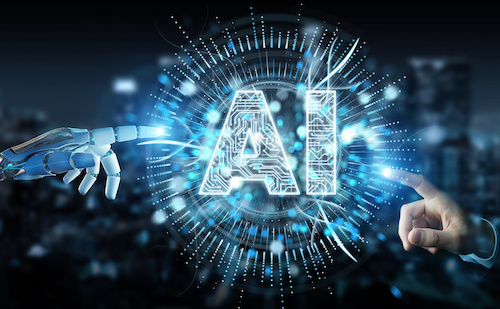Artificial Intelligence is making waves in education, transforming how students learn, teachers teach, and institutions operate. As AI continues to evolve, its influence on the educational landscape will only grow. Here’s how AI is reshaping the world of education.
Personalized Learning
AI enables personalized learning experiences by adapting to individual students’ needs. Adaptive learning platforms use AI to assess a student’s strengths and weaknesses, tailoring lessons to fit their learning pace and style. This personalization ensures that each student receives the support they need to succeed.
AI Tutors and Virtual Assistants
AI-powered virtual tutors are becoming more common in classrooms. These tutors can help students with homework, provide explanations, and answer questions in real-time. Virtual assistants, like AI chatbots, are also being used to assist students in administrative tasks, such as scheduling, registration, and answering FAQs.
Enhancing Teacher Efficiency
AI can help teachers by automating administrative tasks, such as grading and lesson planning. This allows educators to spend more time focusing on teaching and interacting with students. AI-driven analytics also provide insights into student performance, helping teachers identify those who may need additional support.
Facilitating Lifelong Learning
AI is also enabling lifelong learning. Online platforms powered by AI offer courses that adapt to the learner’s progress, allowing people to continue learning and acquiring new skills throughout their lives. This is particularly important as the workforce continues to evolve and requires ongoing education.
Conclusion
AI is revolutionizing education by making learning more personalized, efficient, and accessible. While there are challenges to overcome, such as ensuring equity and addressing privacy concerns, the potential for AI to enhance education is immense. By harnessing AI, the education system can create more opportunities for students and teachers alike.



13 thoughts on “The Impact of Artificial Intelligence on Education”
Comments are closed.